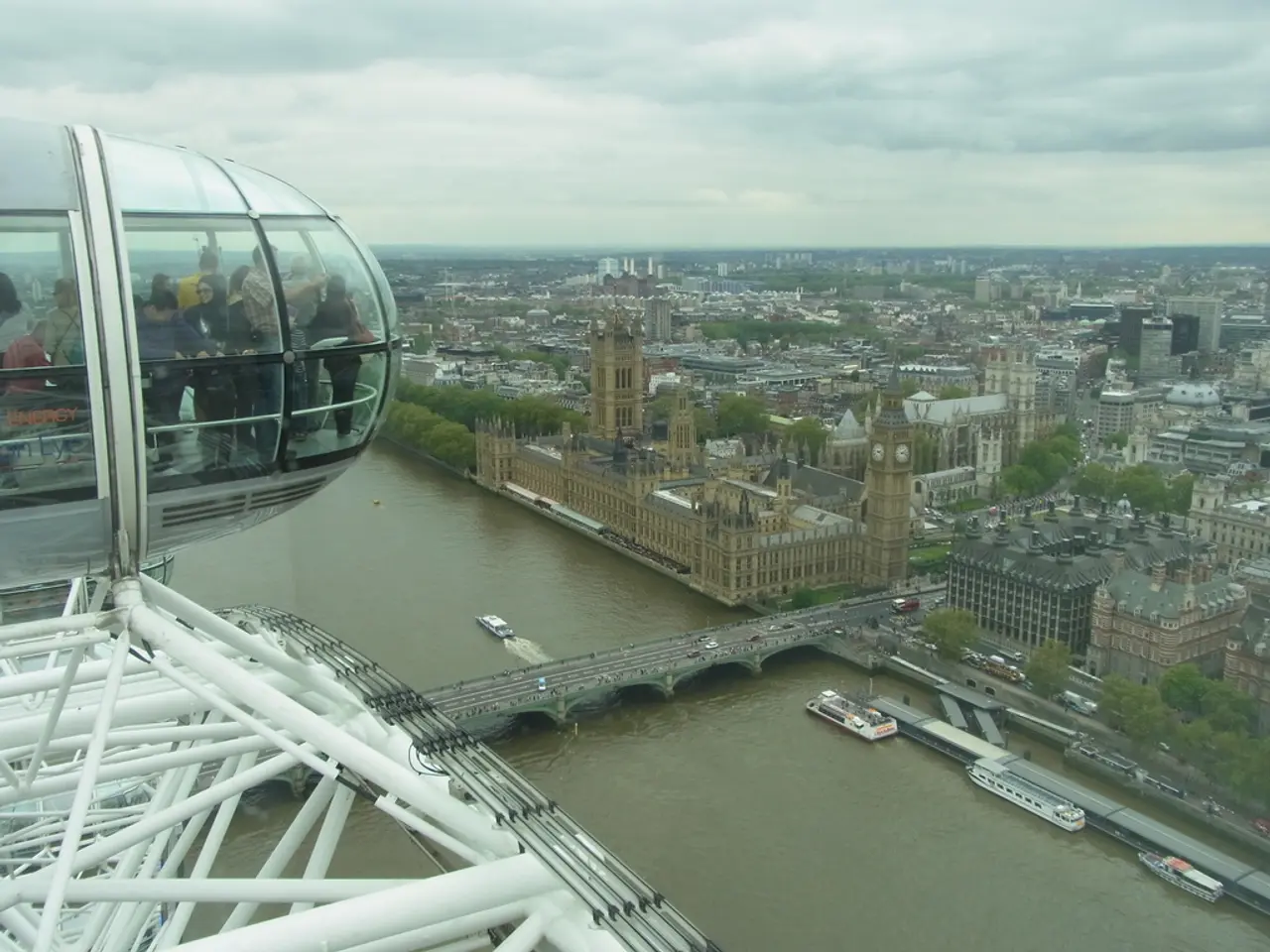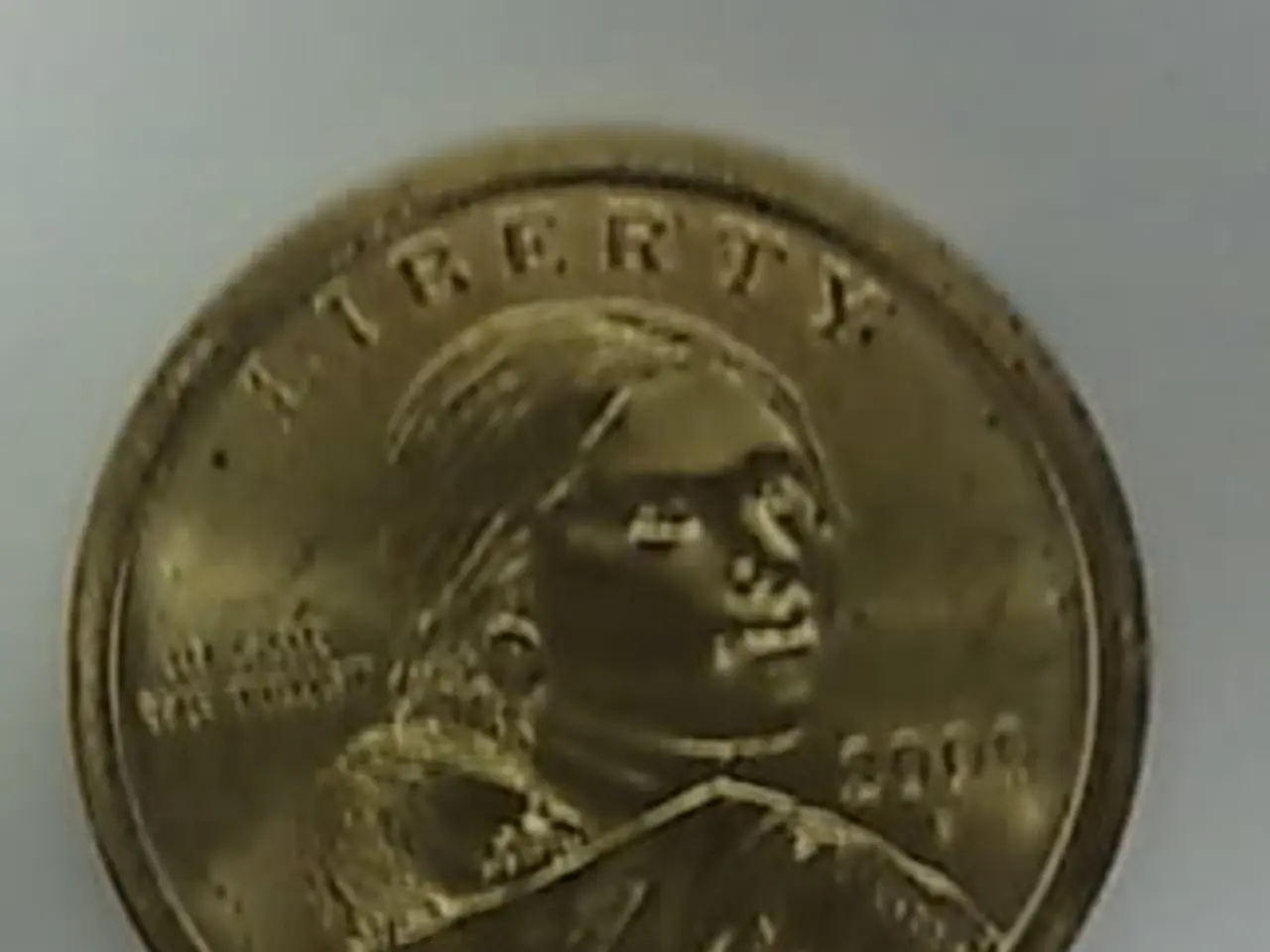India Embraces Ambition to Strengthen Robust Relationship with UK: Modi Post-FTA Signing
India and UK Sign Comprehensive Economic and Trade Agreement (CETA)
The historic trade pact between India and the United Kingdom, known as the Comprehensive Economic and Trade Agreement (CETA), was signed on July 24, 2025. This significant agreement is designed to boost bilateral trade, investment, and people-to-people movement between the two nations [2][4].
Key Features of the CETA
The CETA agreement covers multiple areas across 29 chapters, including trade in goods, rules of origin, customs facilitation, sanitary measures, trade in services, financial services, movement of natural persons, digital trade, intellectual property rights, government procurement, competition policy, SMEs, labor, environment, gender equality, anti-corruption, and dispute settlement systems [3].
One of the key features of the agreement is the extensive tariff elimination. The UK will eliminate tariffs on about 99% of Indian exports by trade value, covering nearly the entire trade basket worth around £10 billion annually [1][2][4]. This tariff elimination includes textiles, leather, marine products, gems and jewellery, toys, chemicals, engineering products, and agro-products entering the UK at zero duty [1].
India, on the other hand, commits to opening 89.5% of its tariff lines, accounting for 91% of UK exports. However, only 24.5% of UK exports gain immediate duty-free access. India protects sensitive sectors such as dairy, cereals, pulses, gold, jewellery, and certain energy-related products with strategic exclusions or phased tariff reductions over 5 to 10 years to support domestic industries and initiatives like Make in India and Production Linked Incentive (PLI) [1].
The agreement also includes sector-specific tariff removals. The UK removes tariffs on 1,143 textile and apparel tariff lines, leather products, and gems and jewellery, facilitating greater market access for Indian manufacturers [2].
Bilateral Relations and Cooperation
The Prime Minister of India, Mr. Modi, lauded people of Indian origin living in the UK as a living bridge in their relations. The foreign secretary also mentioned the cooperation and coordination on the issue of extradition of economic offenders between the two countries' agencies [1].
A defence industrial roadmap was prepared for partnership in defence and security. A MoU was inked between the Central Bureau of Investigation and the National Crime Agency of the UK to combat crime and corruption. Mr. Modi invited Mr. Starmer to visit India, and the invitation was accepted [1].
Discussions were held on peace and stability in the Indo-Pacific, the ongoing conflict in Ukraine, and the situation in West Asia. Six British universities are opening campuses in India, further strengthening the educational ties between the two nations [1].
Looking Ahead
The India-UK CETA provides a near-complete tariff elimination benefiting India’s exports, while India opens its market selectively to protect sensitive sectors. This agreement fosters enhanced trade, investment, and economic partnership aligned with strategic domestic priorities [1][2][3][4]. The two economies are now positioned for deeper integration and growth opportunities over the coming decade.
The trade agreement between these two democratic countries and major economies is expected to strengthen global stability and prosperity. India and the UK have also adopted a "Vision 2035" document as a roadmap for their partnership in technology, defence, climate, education, and people-to-people connect [1].
The agreement's comprehensive coverage of various aspects, such as trade in services, financial services, intellectual property rights, and government procurement, demonstrates its importance in the realm of business and finance. This historic trade pact between India and the UK, known as the Comprehensive Economic and Trade Agreement (CETA), is closely linked to political negotiations and policy-and-legislation, as it addresses issues like labor, environment, gender equality, anti-corruption, and dispute settlement systems.
The CETA's key feature, the extensive tariff elimination on Indian exports, is valuable general news, as the UK will eliminate tariffs on nearly the entire trade basket worth around £10 billion annually. This development in their economic relationship could significantly impact the political and business landscapes of both countries.




